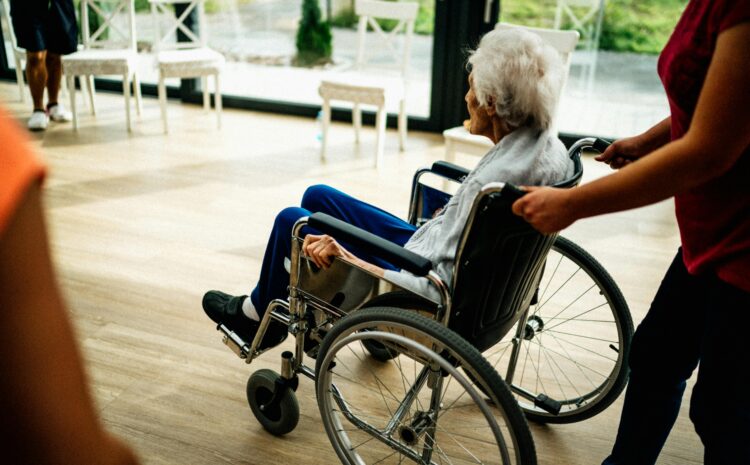
Understanding the Statute of Limitations for Nursing Home Abuse Claims
When you suspect that a loved one has been a victim of nursing home abuse, the emotional and physical toll can be overwhelming. Amidst the whirlwind of emotions and urgent decisions, it’s crucial to understand the legal framework that governs your ability to seek justice. One of the most important aspects of this framework is the statute of limitations for nursing home abuse claims. This statute dictates the timeframe within which you must file a lawsuit. Failing to act within this period can prevent you from pursuing legal action, no matter how compelling your case may be.
What Is the Statute of Limitations?
The statute of limitations is a law that sets a strict deadline for filing a lawsuit. This deadline varies depending on the type of case and the state in which you are filing. For nursing home abuse claims, the statute of limitations typically ranges from one to six years. Understanding and adhering to this timeframe is essential to ensure that your case is heard and that justice is served.
Why Does the Statute of Limitations Exist?
The primary purpose of the statute of limitations is to ensure fairness in the legal process. Over time, evidence can be lost or deteriorate, and memories of events can fade. By imposing a deadline, the law aims to preserve the integrity of evidence and ensure that cases are decided based on the most accurate and reliable information available.
Understanding New York’s Statute of Limitations for Nursing Home Abuse Claims
In New York, the statute of limitations for filing a nursing home abuse claim generally requires that the lawsuit be filed within three years of the date when the abuse or neglect incident occurred. This three-year period is crucial to ensure that your case is eligible for court proceedings.
Why Timely Action Is Crucial
Acting quickly is essential not only to comply with legal deadlines but also to ensure the preservation of crucial evidence. Medical records, witness testimonies, and other vital pieces of evidence are more accessible and reliable when collected promptly. Furthermore, timely action can help prevent further harm to your loved one and others in the nursing home.
Why You Need A Personal Injury Lawyer
Navigating the legal complexities of a nursing home abuse claim can be daunting, especially when you’re dealing with the emotional impact of abuse. Our experienced team of personal injury attorneys is here to help. We will:
- Evaluate Your Case: Provide a thorough assessment of your claim and the applicable statute of limitations.
- Gather Evidence: Assist in collecting and preserving essential evidence to support your case.
- File Your Claim: Ensure that your lawsuit is filed within the required timeframe to maintain your right to seek justice.
Conclusion
Understanding the statute of limitations for nursing home abuse claims is a critical step in seeking justice for your loved one. By acting promptly and seeking expert legal advice, you can navigate the complexities of the legal system and hold the responsible parties accountable. If you suspect that your loved one has been a victim of nursing home abuse, don’t wait. Contact us today for a free consultation and take the first step towards justice.

